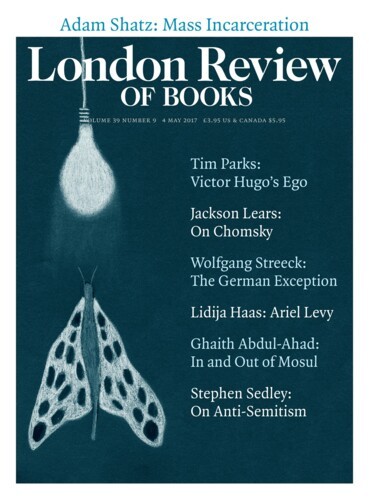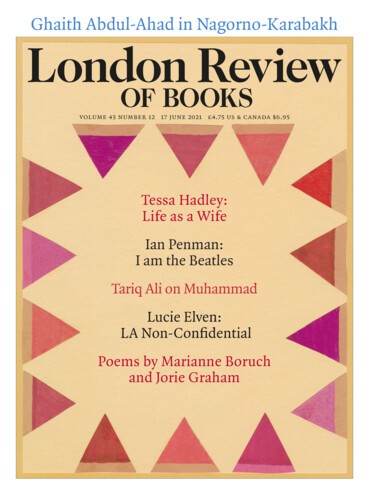The Baghdad Road: In and Out of Mosul
Ghaith Abdul-Ahad, 4 May 2017
For the last three years, Ali and his men and fellow officers in the Iraqi Special Operations Forces have been living like modern-day nomads. Once a neighbourhood is liberated, they move into abandoned civilian houses and set up camp. When the frontline shifts they move with it and change houses, sometimes every night, but often they find themselves stuck in the same house for weeks. Whether in mud huts in villages with no running water, in villas with nice décor and expansive gardens or in brick houses in the narrow alleyways of provincial towns, they build their temporary nests, moving into the beds of a family that has just joined a caravan of refugees, replacing the stinking blankets they have brought from a previous house with fresh ones. They talk about girls, drinking Grey Goose, and their wives and children back home.


